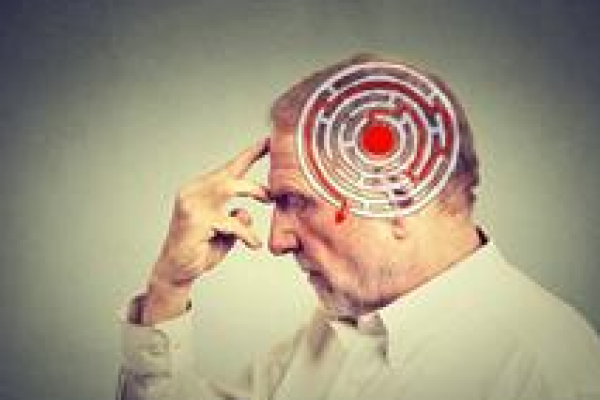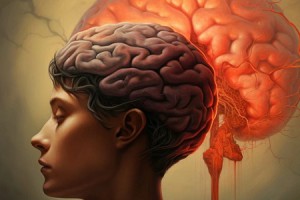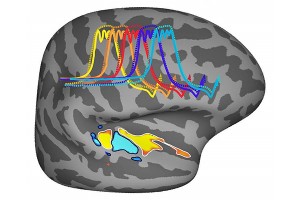Is autonomy weakened by brain implants?
The brain is the key to judgment, autonomy, and responsibility, but what if the person is affected by his/her brain implant, how is his/her responsibility determined?
The brain is the key to judgment, autonomy, and responsibility, but what if the person is affected by his/her brain implant, how is his/her responsibility determined?
Neurolaw is an interdisciplinary field that examines the latest discoveries of neuroscience in legal and standard terms. Philosophy and cognitive sciences, along with law, challenge new discoveries of neuroscience. One of the most controversial issues in neuroscience is the use of brain implants to treat Parkinson's disease, depression and obsessive-compulsive disorder (OCD).
Electrodes that can transmit electricity into the skull will raise questions about the level of authority and responsibilities. Mr. B loves music, except when his implant turns off. Mr. X stares at his doctors and suddenly becomes illusioned and imagines them like Italian chefs.
Both of these have a deep brain stimulation system in their brains. A deep brain stimulation system is a system of implants that sends electrical impulses to specific points in the brain, to alter brain activity. Brain implants are used to treat neurological defects. But in some cases, such as the two examples mentioned above, suggest that these tools may affect the person's perception of the world and even his behavior, in an unwanted way.





Related Posts